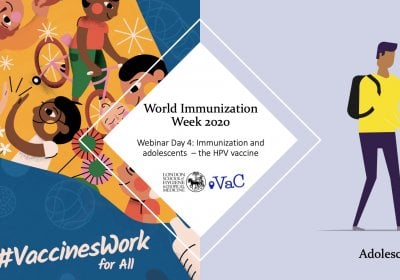WHO guidelines for the management of symptomatic sexually transmitted infections (STIs)

Evidence and recommendations
STI case management is key to STI control and makes a strong case for expanding the provision of person-centred high-quality STI services into primary care, sexual reproductive health, maternal, adolescent and HIV services. Managing symptomatic STIs are a priority as they are more likely to transmit the infection and more likely to seek care. To overcome limited access to etiologic diagnosis and treatment, syndromic case management was
introduced by the World Health Organization (WHO) in 1984 and continues to be used by many countries especially in resource-constrained settings as the standard of care.
Over the years, the syndromic management has been successful in reducing the prevalence of certain STIs, but there is now a need to re-think the approach. These new guidelines provide updated evidence-based clinical and practical recommendations to ensure quality case management of people with symptoms of STIs.
Speaker
Teodora Elvira Wi, M.D., is currently Medical Officer, Sexually Transmitted Infection, Department of Global HIV, Hepatitis and STIs Programmes, WHO, Geneva. In WHO Headquarters, she is leading the development of WHO STI guidelines, addressing antimicrobial resistance in STIs and facilitating the development of new STI treatment and diagnostics. She also worked as a team lead for
HIV/AIDS and STI in the Western Pacific Regional Office, WHO. She has more than twenty-five years of experience in HIV and STI programming in various countries in Africa, Asia and Latin America with WHO and Family Health International.
Admission
Contact


![[WEBINAR] HIV: Diverse challenges among children and women in Asia and Africa](/sites/default/files/styles/event_listing/public/HIV_%20Diverse%20challenges%20among%20children%20and%20women%20in%20Asia%20and%20Africa%20%283%29.png?itok=V1sipAqn)





